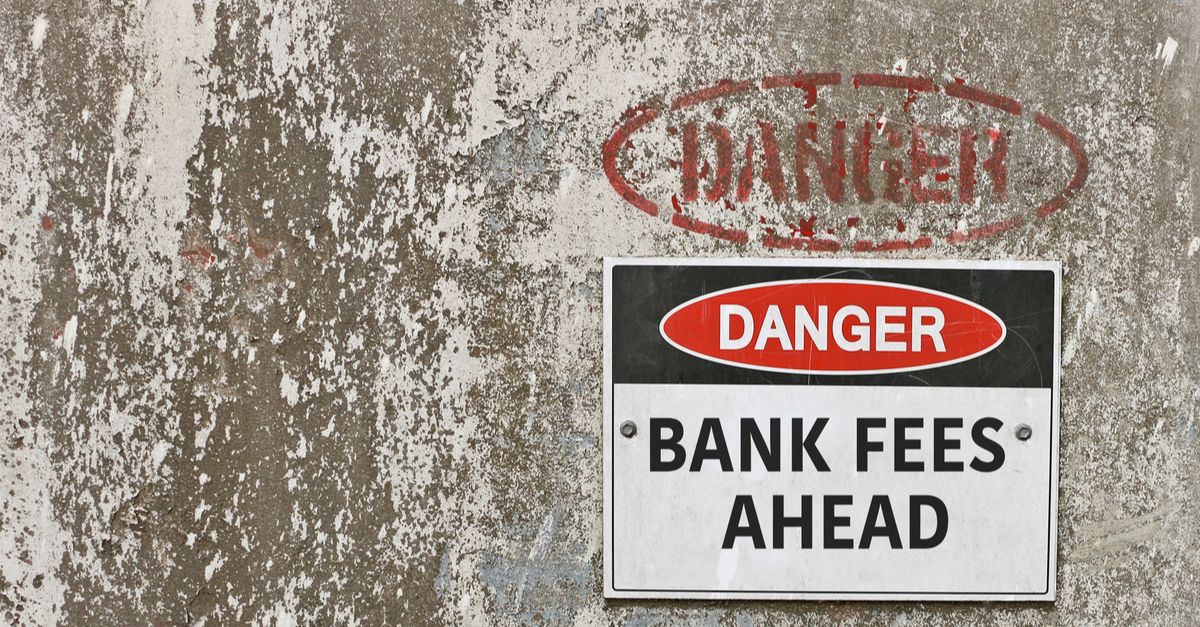Bank Fees on Closed Accounts? Not So Fast, CFPB Cautions
A closed account should be just that -- closed, not open to continuing fees and charges.

Closing a bank account can be a little complicated but once it's done, that should be the end of it. Yet all too often, consumers find that banks have taken it upon themselves to reopen an account so they can continue slapping fees and charges on it, federal regulators say.
In a warning to banks issued today, the Consumer Financial Protection Bureau (CFPB) warns banks that they may violate federal law if they unilaterally reopen a deposit account to process transactions after a consumer has already closed it.
“When a bank unilaterally chooses to open an account in someone’s name after they have already closed it, this is a fake account,” said CFPB Director Rohit Chopra. “The CFPB is acting on all fronts to halt the harvesting of illegal junk fees.”
The CFPB has observed in complaints submitted by consumers that even after a consumer completes all the required steps to close an account, their bank has “reopened” the closed account and assessed overdraft and nonsufficient funds fees.
Consumers have reported to the CFPB that financial institutions have also charged account maintenance fees upon reopening, even if the consumer was not required to pay account maintenance fees prior to account closure.

Closed should mean closed
Closing a bank account can take significant time and effort by the consumer to complete, and the bank may require a consumer to provide a certain period of advance notice prior to closing the account to allow for the financial institution to process any pending debits or deposits, the agency noted.
Consumers often must also settle any negative balances in their deposit account before being able to close it. Upon closure of the deposit account, the consumer may no longer have access to their account information or receive notifications of account activity.
Today’s circular confirms that banks may risk violating the Consumer Financial Protection Act’s prohibition on unfair acts or practices by unilaterally reopening closed accounts.
Besides exposing consumers to unexpected fees, reopening an account may also enable third parties to access a consumer’s funds without consent. If reopening the account overdraws the account, banks may also furnish negative information to consumer reporting companies if consumers do not settle negative balances quickly.
Consumers often cannot reasonably avoid the risk of substantial injury caused by this practice because they cannot control a third party’s attempt to debit or deposit money, the process and timing of account closure, or the terms of deposit account agreements.
The CFPB previously ordered USAA Federal Savings Bank to pay more than $15 million in consumer remediation and penalties for, among other things, violating the Consumer Financial Protection Act by reopening deposit accounts consumers had previously closed without seeking prior authorization or providing adequate notice. Today’s circular highlights for regulators that an institution’s unilateral reopening of a deposit account that a consumer previously closed can constitute an unfair act or practice under the Consumer Financial Protection Act.

